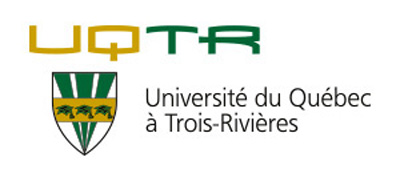Related projects
Discover more projects across a range of sectors and discipline — from AI to cleantech to social innovation.
Mitacs brings innovation to more people in more places across Canada and around the world.
Learn MoreWe work closely with businesses, researchers, and governments to create new pathways to innovation.
Learn MoreNo matter the size of your budget or scope of your research, Mitacs can help you turn ideas into impact.
Learn MoreThe Mitacs Entrepreneur Awards and the Mitacs Awards celebrate inspiring entrepreneurs and innovators who are galvanizing cutting-edge research across Canada.
Learn MoreDiscover the people, the ideas, the projects, and the partnerships that are making news, and creating meaningful impact across the Canadian innovation ecosystem.
Learn MoreSchizophrenia is a chronic mental disorder associated with a significant health, social and financial burden, not only for patients but also for their families, and society. However, the current treatment methods have been only partially successful, mainly due to the inter-individual differences between patients, which means that a treatment that is successful for one patient, might not work for another. Here, we will explore ways to determine whether a treatment will be successful based on measurable features, including many derived from various modalities of magnetic resonance imaging of patientâs brain. The proposed project aims to develop systems that can learn models that will enable psychiatrists to administer “patient-specific treatment”, by using earlier clinical experience to determine which treatment is best suited for each individual patient, based on measurements from brain scans. Such an objective evidence-based approach can potentially improve patient outcome as these
clinical decisions would be less influenced by the subjective diagnostic tools that are currently used in
psychiatric practice.
Russell Greiner
Sunil Kalmady
IBM Canada
Computer science
Medical devices
Accelerate
Discover more projects across a range of sectors and discipline — from AI to cleantech to social innovation.
Find the perfect opportunity to put your academic skills and knowledge into practice!
Find ProjectsThe strong support from governments across Canada, international partners, universities, colleges, companies, and community organizations has enabled Mitacs to focus on the core idea that talent and partnerships power innovation — and innovation creates a better future.













































































































































































































































































































